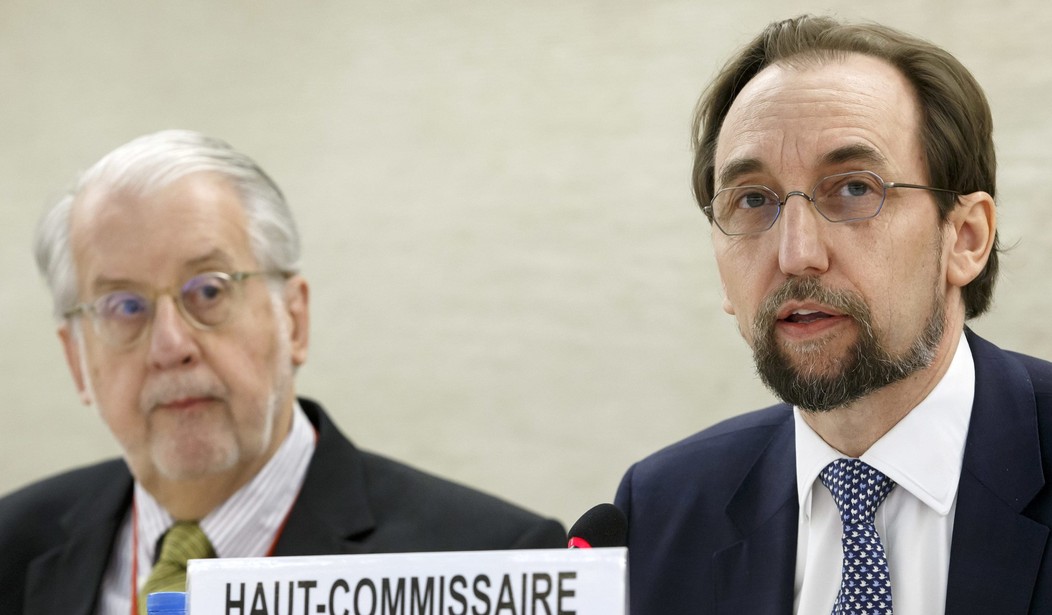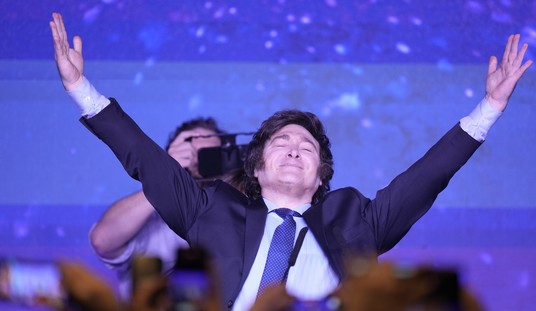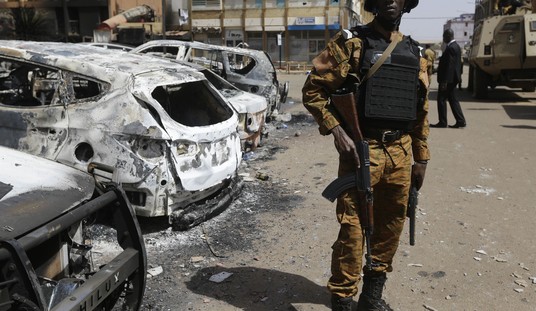The United Nations Human Rights Council is planning a Friday debate on racial profiling in immigration as Secretary of State Rex Tillerson has threatened to withdraw the United States if reforms aren’t made at the 47-member body.
In a letter obtained this week by Foreign Policy, Tillerson warned nine nonprofit organizations that the administration “continues to evaluate the effectiveness” of the council.
“We may not share a common view on this, given the makeup of the membership,” Tillerson told the organizations that had urged the U.S. to remain on the council. “While it may be the only such organization devoted to human rights, the Human Rights Council requires considerable reform in order for us to continue to participate.”
President Obama put the United States back on the UNHRC after President Bush kept the U.S. off the council in protest of the membership of gross human rights offenders and the body’s laser focus on condemning Israel.
State Department spokesman Mark Toner told reporters Wednesday that he wouldn’t “speak to the contents of what was a letter by Secretary Tillerson and these NGOs, but I think speaking to the broader question, a couple of points to make: One is that our commitment to human rights and fundamental freedoms is stronger than ever.”
“Our delegation is now at the 34th session of the Human Rights Council. It’s actively engaged,” Toner added. “But the United States also continues to believe that only UN member-states with strong records of promoting and protecting human rights should be elected to the Human Rights Council. And I think our future engagements with the council will consider the council’s actions with an eye towards reform to more fully achieve the council’s mission to protect and promote human rights.”
“So I think this is an eye towards greater accountability and greater transparency with respect to human rights. I’m not predicting we’re going to walk away from the council. What I will say is that we’re going to hold the council and its members more accountable and urge greater accountability and transparency.”
In the UNHRC debate Friday in Geneva, coinciding with the International Day for the Elimination of Racial Discrimination, the council will be “examining causes of racial profiling and incitement to hatred, including in the context of migration,” and “generating concrete recommendations on actions that States and other stakeholders may take to prevent and combat racial profiling and incitement to hatred, including in the context of migration, while upholding human rights guarantees.”
The agenda notes that “in many parts of the world we are witnessing, with great concern, discriminatory practices and increasingly xenophobic and racist responses, including racial, ethnic, religious and nationality based profiling, and incitement to hatred.”
“…The United Nations High Commissioner for Human Rights has further expressed concern about the interconnection between hate speech against migrants and public policies, which stigmatize, marginalize and exclude migrants and their communities and criminalize and punish their advocates and organizations that provide services to them. This climate of discrimination and exclusion, bolstered by a widespread use of demeaning language to describe migrants, feeds the perception that violence against migrants is somehow justified and that perpetrators can commit criminal acts with impunity.”
In September, Commissioner Zeid Ra’ad Al Hussein warned of nationalist populism and said politicians like Donald Trump, Geert Wilders and Nigel Farage were using “tactics similar” to ISIS to frighten and reel in followers.
The commissioner said the formula of these politicians is to “make people, already nervous, feel terrible, and then emphasize it’s all because of a group, lying within, foreign and menacing,” then “make your target audience feel good by offering up what is a fantasy to them, but a horrendous injustice to others. Inflame and quench, repeat many times over, until anxiety has been hardened into hatred.”
Friday’s UNHRC meeting will also “assess the development of legal and policy responses” to racial profiling and incitement to hatred.
“The Special Rapporteur on contemporary forms of racism, racial discrimination, xenophobia and related intolerance reported that police, immigration and detention officials often target various ethnic, religious or racial groups. The Special Rapporteur defined racial and ethnic profiling as ‘a reliance by law enforcement, security and border control personnel on race, colour, descent or national or ethnic origin as a basis for subjecting persons to detailed searches, identity checks and investigations, or for determining whether an individual is engaged in criminal activity,'” continues the debate agenda. “It has been a persistent and pervasive issue in law enforcement, and its use has often arisen in connection with policies on national security and immigration.”
“…Migration policies which seek to exclude migrants from territorial borders, from certain parts of a city or from accessing public or private services, institutions or resources can also lead to officials resorting to racial profiling practices.”
At the beginning of February, after the Trump administration issued its first travel ban that was stopped by the courts, several UN special rapporteurs joined together to condemn the executive order as “clearly discriminatory based on one’s nationality” and said it would lead “to increased stigmatization of Muslim communities.”
“The U.S. recent policy on immigration also risks people being returned, without proper individual assessments and asylum procedures, to places in which they risk being subjected to torture and other cruel, inhuman or degrading treatment, in direct contravention of international humanitarian and human rights laws which uphold the principle of non-refoulement,” said special rapporteur on migrants François Crépeau; special rapporteur on racism Mutuma Ruteere; special rapporteur on human rights and counter-terrorism Ben Emmerson; special rapporteur on torture Nils Melzer; and special rapporteur on freedom of religion Ahmed Shaheed.
“The US must live up to its international obligations and provide protection for those fleeing persecution and conflicts,” they added. “The US is also involved in conflicts such as those in Iraq and Syria and its responsibility must extend to offering refuge to those fleeing from the conflicts.”








Join the conversation as a VIP Member